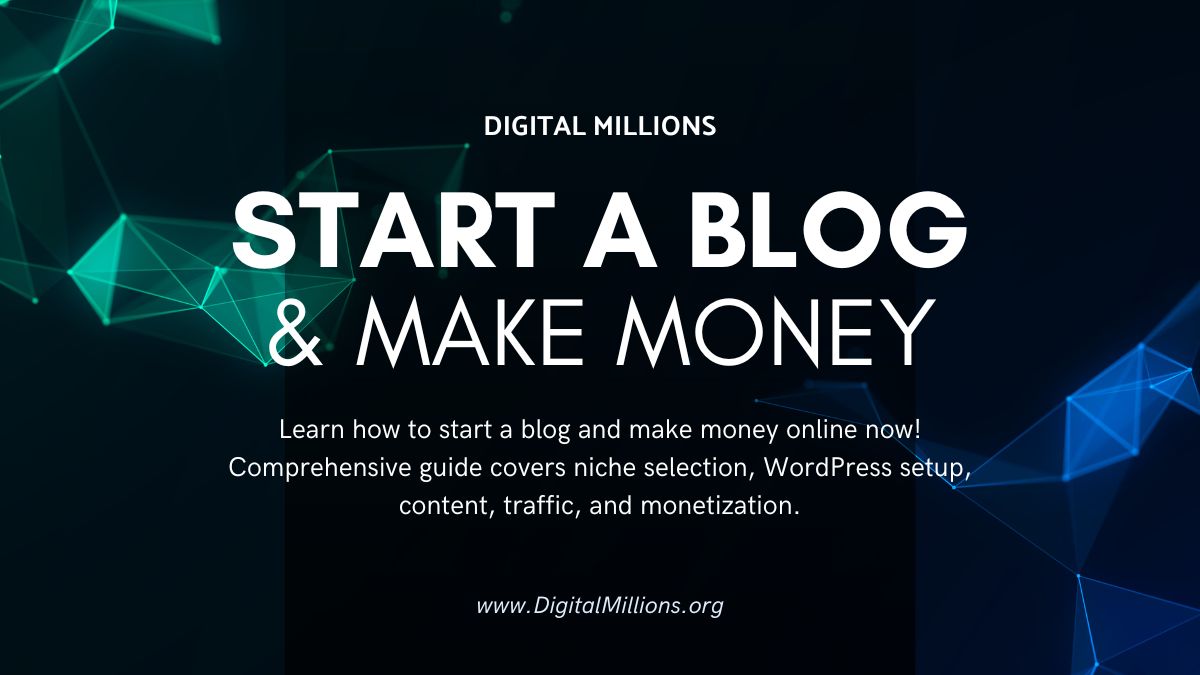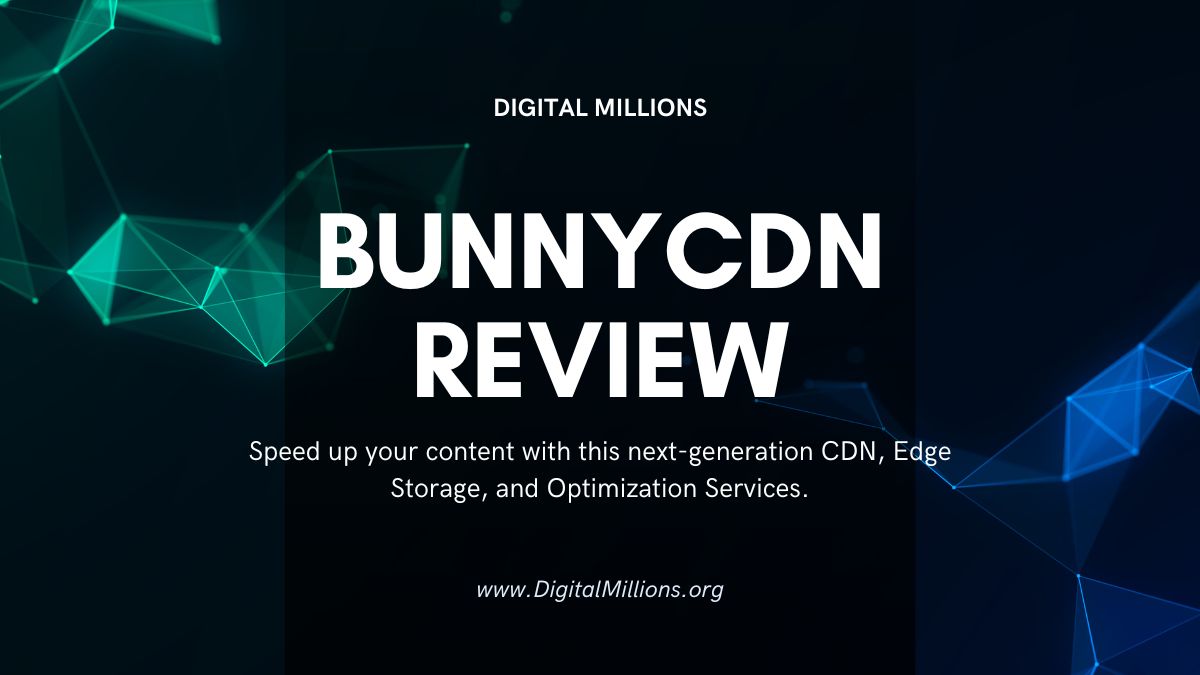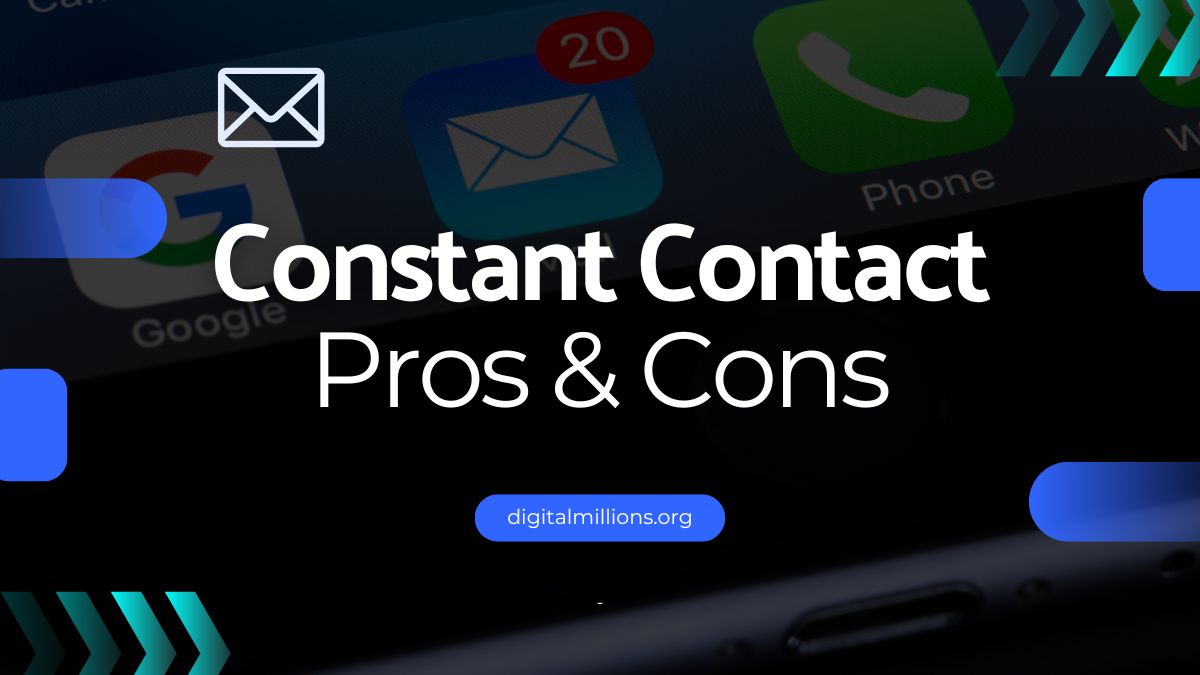You’re likely looking into SEO tools, and Semdash has probably popped up. There are so many choices, right? Lots of SEO software tools promise great results.
Semdash is one of them, built to help with all those important SEO tasks like,
- Finding best SEO keywords
- Checking out competitors and more
But is it actually any good? Does it live up to the claims?
I wanted the real story, not just marketing talk.
So, I spent time actually using Semdash. I dove into its features, clicked all the buttons, and ran tests for this honest Semdash Review.
My goal here is simple: to tell you if Semdash is genuinely useful or just a lot of hype. I discovered some really valuable stuff, but also a few things to keep in mind.
This review will cover:
- What Semdash really is (explained simply).
- What Semdash actually offers (the tools & features).
- My experience using it – the good and the bad.
- How it stacks up against other SEO tools in the market.
- The pricing details (including any deals!).
Let’s get into it and see if Semdash is worth your attention.
Table of Contents
✖
Semdash Review: Quick Facts & Overview
Short on time? Or just want a super-fast summary of everything covered in this Semdash Review? This section is for you!
I've boiled down the key points into quick facts.
It's a great way to get a rapid understanding of what Semdash offers, its pros, cons, and who it's best suited for before diving deeper or making a decision.
- What it is: AI-powered, all-in-one SEO toolkit from Poland.
- Who it helps: Bloggers & businesses improve search rankings.
- Company: Launched Jan 2022, actively developed, has roadmap.
- Keywords: Offers research tools (6.6B keyword database).
- Keyword Data: Finds volume, competition, long-tails, questions.
- Backlinks: Has analysis tools (2.7T backlink database).
- Backlink Use: IDs toxic links & competitor link strategies.
- Competitors: Strong analysis tools (traffic, keywords).
- Keyword Gap: Finds terms rivals rank for that you miss.
- Backlink Gap: IDs domains linking to rivals but not you.
- Site Audits: Finds technical SEO site issues easily.
- Rank Tracking: Monitors your Google keyword positions daily.
- Content Help: Tools optimize content with real-time grading.
- AI Features: AI helps with headlines, intent, content briefs.
- GSC Link: Integrates Google Search Console for more data.
- History: Check historical SERP data to analyze trends.
- Usability: Interface is clean and generally beginner-friendly.
- Pricing: Offers Free, Pro, Business, Elite monthly plans.
- Deals: Lifetime Deals (LTDs) via AppSumo offer great value.
- Credits: Uses a credit system – actions consume credits.
- Alternative: Positioned as affordable Semrush/Ahrefs option.
- Pros: Easy to use, good features, affordable (esp. LTD).
- Cons: Credit system needs watching, potential data quirks.
- Support: Good support via Academy, live calls, community.
- Verdict: Solid value, great for beginners & budget users.
Hopefully, this quick list gives you a solid snapshot of Semdash! It covers the essentials from features and pricing to pros and cons discussed earlier. It's designed to help you quickly grasp if Semdash might be the right SEO tool to help you achieve your website goals.
What is Semdash, Exactly?
Semdash is an AI-powered SEO research platform and toolkit.
That just means it uses smart computer stuff (Artificial Intelligence) to help you figure out how to get your website noticed by search engines like Google or Bing, Yahoo. You know it, right?
As you know, SEO is essential for your website for Google to find and like. 💡
Semdash is designed for people who run websites, blogs, or online businesses.
Basically, anyone who wants more people to find their stuff online. If that sounds like you, you might want to check out Semdash—that link gets you a lifetime deal right now.
Why use something like Semdash?
Because figuring out SEO on your own can feel like guessing in the dark. These tools give you data, ideas, and point out problems you might miss.
My first impression?
When I first logged in, I was expecting something maybe confusing. Lots of tech tools look scary at first. But Semdash felt pretty clean. We'll talk more about how easy it was to use later.
📖 Check out: The Ultimate SEO Checklist – 21 SEO Best Practices
Getting Started Quickly
Want to jump in? Getting started with Semdash is pretty simple:
- Sign Up: Head over to their official website (you can use this link) and create an account.
- Add Your Website: Once logged in, you’ll need to add the URL (web address) of the website you want to analyze or track. Well, things are pretty easy to understand.
- Explore: That’s it! You can then start exploring the dashboard, running keyword searches, checking competitors, or trying out the site audit.
How did I feel after signing up? Let me tell you...
My Semdash Test Drive
I didn't just read about Semdash. I actually signed up and gave it a go.
Getting started was simple enough. You just create an account, like you do for most websites.
Then, you can tell Semdash what website you want to work on.
You just type in the website address (the URL).
Once I was in, I landed on the main screen, the dashboard.
It gives you a quick look at how your website is doing. Things like how many visitors you might be getting from search engines, how many keywords you rank for, stuff like that.
It looked pretty modern, not like some old clunky software. Everything was laid out with menus on the side, making it easy to find the different tools.
I spent a good amount of time just clicking around, exploring the different sections:
Keyword research, checking backlinks, looking at competitors and more… I wanted to get a real feel for it before writing this Semdash Review.
It felt less intimidating than some other popular SEO tools I’ve seen tried before.
That's a plus point right away.
Semdash Features - Things It Does
Now for the meaty part. What can Semdash actually do for you? It has a bunch of tools packed into one platform. Let's break down the main ones I tested.
Keyword Research
Keyword research is a big one. Keywords are the words or phrases people type into Google, bing or any search engine when they're looking for something.
If you want pizza, you might search for "pizza near me" or "best cheese pizza recipe."
Those are keywords. I know, I know you know it already if you are reading this review.
Well, knowing the right keywords to use on your website is HUGE for getting found. 🔍
Semdash has tools to help you:
- Discover keyword ideas: You can type in a topic, and it spits out tons of related keywords.
- See search volume: How many people are actually searching for that keyword each month?
- Check competition: How hard will it be to rank high for that keyword? Is everyone else already using it?
- Find long-tail keywords: These are longer, more specific phrases, like "how to make easy vegan pizza dough." They often have less competition. I think focusing on these is smart when you're starting out.
- Find questions people ask: Semdash can show you questions related to your topic that people type into Google (like "Is Semdash easy to use?"). Answering these questions on your site is a great way to get traffic.
They claim to have data on 6.6 billion keywords. That's… a lot of keywords.
I tried it out for a hobby blog idea I had. What I did?
I typed in "learning guitar" and got hundreds of ideas, including stuff I hadn't thought of, like "easy guitar songs for beginners" and specific questions people ask. It definitely sparked some ideas.
It also has a keyword clustering feature. This groups similar keywords together automatically. It helps you organize your ideas and plan what content to create. Pretty handy.
If you need help finding keywords, Semdash is worth a look.
📖 Check out: 7 Best Keyword Research Tools of 2025 Compared [with Free Options]
Checking Backlinks
Backlinks are like votes from other websites.
If a popular, trusted website links to your website, Google sees that as a good sign. It's like that website is saying, "Hey, this site is valuable, check it out!"
More good backlinks usually mean higher rankings.
Semdash helps you with backlinks by:
- Tracking your own backlinks: See who is linking to you. Are they good sites?
- Analyzing backlink quality: Some links are good, some are bad ('toxic'). Bad links can actually hurt your site. Semdash helps you spot these. I recommend checking this regularly.
- Spying on competitors' backlinks: You can see who links to your competitors. Why is this helpful? Because if a site links to them, maybe they'd link to you too if you have great content!
- Finding backlink opportunities: It shows you domains linking to rivals but not you. Goldmine!
- Identifying broken links: Sometimes links pointing to your site break. Semdash can help find these so you can try to fix them and get that "link juice" back.
They boast a database of 2.7 trillion backlinks. Again, massive numbers.
When I checked a competitor's site, I found a few interesting websites linking to them that I didn't know about. That gave me ideas for reaching out later.
I've found the backlink database might not be quite as huge as the absolute biggest players like Ahrefs, but it seems pretty solid and is growing.
For most people, especially starting out, I think it's more than enough.
📖 Check out: 9 Best Ways to Get Quality Backlinks to Your Website or Blog in 2025
Competitor Analysis
Knowing what your competition is doing online is very smart.
You can learn from their successes and avoid their mistakes.
Semdash has strong tools for this:
- See competitor traffic: Get an idea of which keywords and pages bring them the most visitors from Google.
- Keyword Gap Analysis: This is fantastic. It shows you keywords your competitors rank for, but you don't. These are gaps you can potentially fill with your own content! If you’re serious about growing, I truly believe you need to use a gap analysis feature like this.
- Backlink Gap Analysis: Similar to keywords, this finds websites linking to your competitors but not to you. Hello, new backlink targets!
- Traffic Breakdown: See where their traffic comes from.
- AI Co-pilot: Semdash has an AI feature that can analyze a competitor and suggest steps you could take. It tries to give you a mini-strategy. I played with this; it gave some decent starting points, though I wouldn't follow it blindly. Always use your own brain too!
Being able to easily see what's working for others saves a TON of guesswork. Why reinvent the wheel when you can see what wheels are already rolling smoothly?
Website Audits
A site audit is like a doctor's check-up, but for your website's SEO health.
It scans your website looking for technical problems that could be hurting your rankings.
Semdash checks for things like:
- Broken links: Links on your site that lead nowhere. Bad user experience!
- Slow page speeds: Google doesn't like slow websites, and neither do visitors.
- Missing meta tags: These are hidden bits of text that help tell Google what your page is about (like titles and descriptions).
- Lots of other technical SEO stuff.
It gives you a list of issues it finds and tells you how to fix them. Running a site audit regularly (Semdash suggests once a month) is a good habit. It helps keep your website tidy and SEO-friendly.
I ran an audit on a small test site, and it found a few broken images and pages that were loading a bit slowly. Useful info I must say! Trust me, many SEO tools still don't do this.
📖 Check out: 13 Best WordPress Cache Plugins of 2025 to Speed Up Your Website
Rank Tracking
How do you know if all your SEO efforts are actually working? You track your rankings!
Rank tracking means monitoring where your website appears in Google search results for your target keywords. Are you on page 1? Page 5? Did you move up or down?
Semdash lets you:
- Monitor keyword rankings: Add your important keywords and see where you rank for them.
- Track changes over time: See if your rank went up or down. It keeps history for up to 12 months.
- See which specific pages (URLs) rank: Know exactly which page on your site is ranking for a keyword.
- Get estimated traffic: See roughly how much traffic that ranking might be bringing you.
This is essential. Without tracking, you're just flying blind.
Seeing your rank go up for a keyword you worked hard on is a great feeling!
Content Tools
Just having keywords isn't enough.
Your actual content needs to be good for both readers and search engines.
Semdash includes tools to help with this:
- Real-time Content Grader: As you write (or paste in existing text), it gives you a score and suggestions based on top-ranking pages for your target keyword.
- Keyword Density Analyzer: Helps you see if you're using your main keyword enough, but not too much (that's called keyword stuffing, and Google doesn't like it).
- Readability Checks: Helps make sure your writing is easy to understand.
- Meta Tag Suggestions: Ideas for your page titles and descriptions.
These tools aim to guide you towards creating content that has a better chance of ranking well. It's like having an SEO coach looking over your shoulder as you write. I found the suggestions helpful for checking if I was on the right track with an article.
AI-powered Features
AI is everywhere in 2025, and Semdash uses it too.
- AI Writing Assistant: Can help generate blog post titles or rephrase sentences if you're stuck. It's not going to write a whole amazing article for you (no AI can, really), but it can help with smaller tasks.
- AI Searcher Intent Analysis: Tries to figure out why someone is searching for a particular keyword with just one click. Are they looking to buy something? Learn something? Find a specific website? Knowing intent helps you create the right kind of content.
- AI Content Briefs: You can give it a keyword, and it will analyze the top-ranking pages and create an outline or brief for you, suggesting topics, questions, and keywords to include. It can certainly speed up planning, which is essential if you want to save time.
- AI Strategy / Co-pilot: As mentioned in competitor analysis, it uses AI to look at data and suggest potential SEO strategies or areas to focus on.
The AI features are interesting. They're like having a helpful (but not all-knowing) robot assistant. I think they have potential, especially the content brief and intent analysis.
Are they game-changing on their own?
Maybe not yet, but they are useful additions. AI is quick. Really quick.
But speed alone isn’t enough.
Creativity matters — a lot. And you still need your human brain to make the final calls.
More Handy Tools Inside
Beyond the main areas, Semdash packs in some other really useful bits:
- Connect Google Search Console: You can link your GSC account. It lets you pull in data directly from Google for more accurate insights alongside Semdash’s findings. Very practical.
- Look Back with Historical SERPs: Want to see how Google results for a keyword looked months ago? Semdash lets you check historical SERP data. It’s great for seeing how things change and analyzing trends.
- Target Rich Results: It has tools to help you find Featured Snippet opportunities (those answer boxes at the top of Google) and questions people are asking (‘People Also Ask’). Snagging these spots can bring great traffic.
- Spot Content Gaps: While competitor analysis finds keyword gaps, Semdash also helps you identify broader areas where your content might be lacking compared to top performers.
- Extra Freebies: They even offer some simple free tools on their website, like a script timer or word counter, which can be useful sometimes.
Is Semdash Easy to Use?
Lots of features are great, but what if the tool is a nightmare to navigate?
Semdash is pretty straightforward. 👍
The layout is clean. Menus are mostly logical. It doesn't feel as cluttered or overwhelming as some other really advanced SEO platforms can be.
If you're newer to SEO, I think Semdash is much less scary to jump into compared to something like Semrush, which is incredibly powerful but has a steeper learning curve.
Does that mean you'll understand everything instantly?
Probably not. SEO itself has concepts you need to learn. But finding the tools and understanding the basic reports in Semdash wasn't too hard.
They also have resources to help:
- Semdash Academy: Video tutorials explaining the tools and SEO ideas.
- Free Live Calls: You can actually book calls with their SEO specialists for help (very helpful!).
- Community/Support: Ways to ask questions and get answers.
So, yeah. For a tool that packs in this much, I'd say they did a good job on making it user-friendly. I didn't feel completely lost, which is always a good sign.
Who Makes Semdash? (The Company)
It's always good to know a bit about the team behind a tool.
Semdash is based out of Poland. The project itself kicked off fairly recently, starting back in January 2022.
What I find encouraging is that they seem actively involved in developing the platform. They have a public product roadmap where users like you and me can actually suggest new features and vote on ideas others have submitted. It shows they're listening to their users.
They also offer those free live calls with their SEO specialists, which is a nice touch and shows a commitment to helping users succeed with their tool.
It feels like a company that's eager to grow and improve.
Semdash Pricing: The Cost
The cost is always a factor. How much does Semdash set you back?
Semdash has a few different pricing plans:
Free Plan
Yes, there's a free version! It gives you limited access to some tools like keyword research and site audits. Great for trying it out. You can sign up for the free Semdash plan here.
Pro Plan (Starter)
This is their main entry-level paid plan.
Good for small websites or bloggers. It's $29/month right now. Keep an eye out for deals on Appsumo. It comes with 1000 credits per month (more on credits below).
Business Plan
For larger businesses or agencies needing more resources. More features, way more 4000 credits. Costs more, this is $49/month or more if you need more credits.
Elite Plan
The top tier for heavy users. Most credits—10000 credits, highest price ($199/month).
Lifetime Deals (LTDs)
This is important! Semdash is now offering Lifetime Deals on AppSumo.
You pay a larger amount ONCE, and you get access to the tool (usually a specific plan level, like Pro or Business) forever, or for a very long time. These deals can be amazing value.
Right now, there are LTDs like $69 one-time for Pro (1,000 credits/month) and $189 one-time for Business (4,000 credits/month) and $349 one-time for 10000 credits/month.
These deals come and go.
So definitely check if a Semdash lifetime deal is active if you're interested.
The Credit System
Now, this is something you NEED to understand about Semdash.
Most actions you take in the tool consume "credits."
- Running a keyword search might use credits per page of results (e.g., 50 credits).
- Checking backlinks might use credits (e.g., 25 credits per page).
- Running reports uses credits.
Your plan comes with a certain number of credits each month (e.g., Pro might have 1,000, Business 4,000). If you use them all up, you might have to wait until next month or buy more credits.
I've found some users have said the credits can go faster than they expect, especially if they do a lot of research. This is probably the biggest "catch" with Semdash pricing.
You need to be mindful of your usage.
I made a quick table for you to easily compare the plans of Semdash. (prices are estimates based on the latest info, check their site for current 2025 pricing if it changes!):
Note: Can’t see the whole table on smaller screens? Try swiping sideways, scroll left or right.
| Plan Name | Est. Monthly Price | Est. LTD Price | Monthly Credits | Good For |
|---|---|---|---|---|
| Free | $0 | N/A | Very Limited | Trying it out |
| Pro (Starter) | $29+ | $69 (if avail) | 1,000 | Bloggers, small sites |
| Business | $49+ | $159 (if avail) | 4,000 | Growing sites, freelancers |
| Elite | $199+ | $299 (if avail) | 10,000 | Agencies, heavy users |
And you can see a rough idea of credit costs below:
Note: Can’t see the whole table on smaller screens? Try swiping sideways, scroll left or right.
| Action | Estimated Credits Used (Per Page/Report) |
|---|---|
| Keyword Research Results | 50 credits |
| Backlink Research Results | 25 credits |
| Competitor Analysis | Varies, uses credits per report section |
| Site Audit | Varies based on site size |
| Rank Tracking | Credits per keyword tracked |
My Take
Is the pricing fair? If you can snag a Lifetime Deal, I think it's fantastic value.
You get a powerful suite of tools for a one-time cost. It's hard to beat.
The monthly plans are also quite affordable compared to the big giants. BUT, that credit system… it's a double-edged sword. It keeps the price down, but you have to watch it.
If you're a very heavy user doing tons of searches daily, you might hit the limit on lower plans.
For moderate use, especially on the Business LTD, it's likely fine.
📖 Check out: Top 7 Best AppSumo Lifetime Deals for Digital Marketers
Semdash vs. Alternative SEO Tools
Semdash often gets compared to the well-known SEO giants like Semrush, Ahrefs, Moz Pro, or even AI-powered content creation tools like SurferSEO.
Semdash vs. Semrush/Ahrefs
These are the powerhouses. They generally have larger databases (especially Ahrefs for backlinks), maybe slightly more accurate data sometimes, and even more features.
BUT, they are much more expensive (think hundreds of dollars per month) and can be very overwhelming for beginners. Semdash aims to be a cheaper, easier-to-use alternative. I'd say it achieves that. It covers the core SEO tasks well without the huge price tag or complexity.
If you find those tools too pricey, Semdash is a great alternative to consider.
Semdash vs. Moz Pro
Moz is another respected tool, known for its Domain Authority metric.
Semdash might offer more robust competitor analysis features than Moz in some areas. Pricing can be comparable depending on the plan.
Semdash vs. SurferSEO
Surfer is impressive for on-page content optimization, giving detailed suggestions as you write. Semdash has content tools too, but Surfer is more specialized in just that aspect. Semdash is broader, covering keywords, backlinks, audits, etc., which Surfer doesn't focus on as much.
Where does Semdash fit?
I see it as a really strong contender in the mid-range market. It's perfect for:
- People finding Semrush/Ahrefs too expensive or complex.
- Bloggers, freelancers, and small businesses who need solid SEO tools without breaking the bank.
- Anyone who can grab one of their Lifetime Deals – that makes it almost a no-brainer for the value.
It's punching above its weight class, trying to offer features similar to the top dogs at a much lower price point. If you’re a freelancer and you’re not using a tool like Semdash (or Semdash itself, especially with an LTD), I truly believe you’re leaving money on the table by not efficiently finding opportunities.
📖 Check out: Semrush vs Ahrefs vs Moz: Which One is Best for SEOs?
The Good and The Not-So-Good
Let's wrap up the findings from my Semdash Review. No tool is perfect.
The Good Stuff (Pros)
- Easy to Use: The interface is clean and quite beginner-friendly compared to competitors. Less scary!
- Comprehensive Features: It covers the main areas of SEO well – keywords, backlinks, competitors, audits, rank tracking, content help. It's an all-in-one kind of tool.
- Competitor Analysis: The tools for checking out rivals are really strong, especially the Gap analysis features.
- Affordable: Especially if you get a Lifetime Deal, the value is incredible. Monthly prices are also lower than the big names.
- AI Features: The AI additions for intent analysis, content briefs, and strategy ideas are nice bonuses with potential.
- Good Support Options: Having access to tutorials, live calls, and a community is helpful.
The Not-So-Good Stuff (Cons)
- Credit System: This is the main drawback for me. You need to be conscious of your usage, as credits can disappear quickly with heavy research.
- Data Quirks: Like many SEO tools (even expensive ones), some data might not be 100% perfectly accurate all the time (e.g., traffic estimates can be tricky). Use it as a guide, not gospel.
- Primarily Desktop Web-Based: I used it on my computer; it seems primarily designed for desktop web browsers. Not a huge issue for deep research usually.
- Backlink Database Size: While large (trillions!), it might still be smaller than Ahrefs, the king of backlinks. For most users, it's probably fine, but power users might notice a difference. Expanding constantly though.
Overall Feeling I Have
I came away mostly impressed, especially considering the price point and ease of use. It delivers a lot of value. The good outweighs the bad, in my opinion, as long as you understand the credit system.
The Final Verdict: Good Enough or Hype?
Back to the big question.
After testing it all out for this Semdash Review, is Semdash the real deal or just over-hyped?
My verdict: It's definitely good enough, and for many, it's much more than just "enough." It's a solid, capable SEO toolkit that delivers on its promises without charging a fortune.
It's not pure hype. There's real substance here. The features work, the interface is friendly, and the competitor analysis tools alone are worth a lot.
Is it as powerful or data-rich as a $500/month enterprise tool?
Maybe not in every single aspect. But it's not trying to be. It's providing maybe 80-90% of the core functionality that most people actually need, at a fraction of the cost.
I recommend Semdash if you are:
- A blogger wanting to grow your traffic.
- A freelancer offering SEO or content services.
- A small business owner trying to get found online.
- Someone new to SEO who wants a tool that isn't terrifyingly complex.
- Anyone looking for an affordable alternative to Semrush or Ahrefs.
If you can find a Semdash lifetime deal, jump on it. Seriously. If not, the monthly plans are still very competitive. Click here to check if the lifetime deal still exists.
Of course, you can always start with the Semdash free plan to get a feel.
You May Also Like to Read...
- Semrush Review [2025]: Pros & Cons, Price & Discount
- 7 Best Semrush Alternatives and Competitors Worth Using
- Rank No. 1 on Google with These 18 Best SEO Tools
- 7 Best Keyword Research Tools of 2025 Compared [with Free Options]
- 9 Best Ways to Get Quality Backlinks to Your Website or Blog in 2025
- Top 7 Best AppSumo Lifetime Deals for Digital Marketers
- 19 Best Blogging Tools and Services for Beginners





